Artificial Intelligence: The Rise of Large Language Models
Exploring the transformative impact of LLMs in 2025

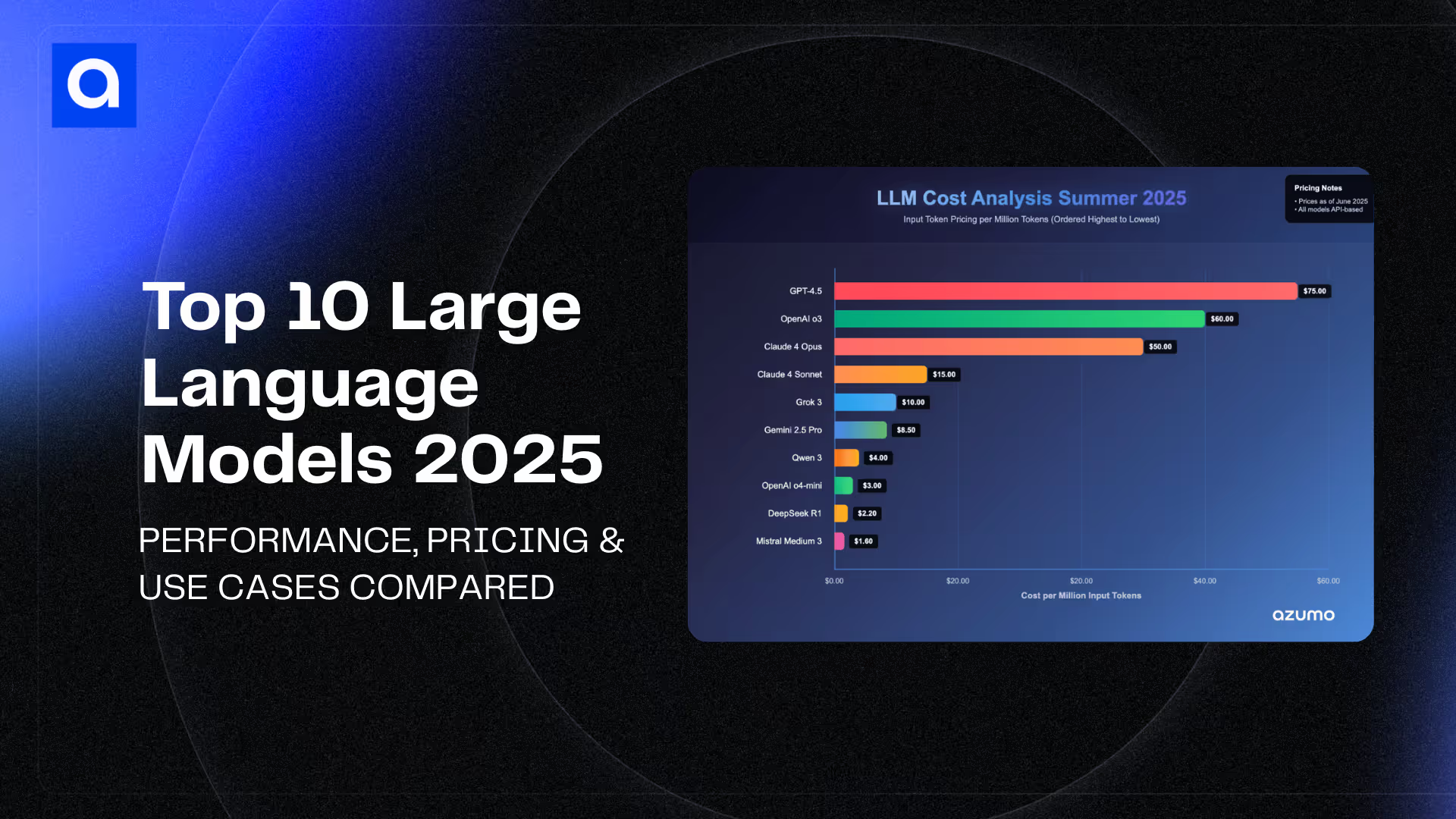
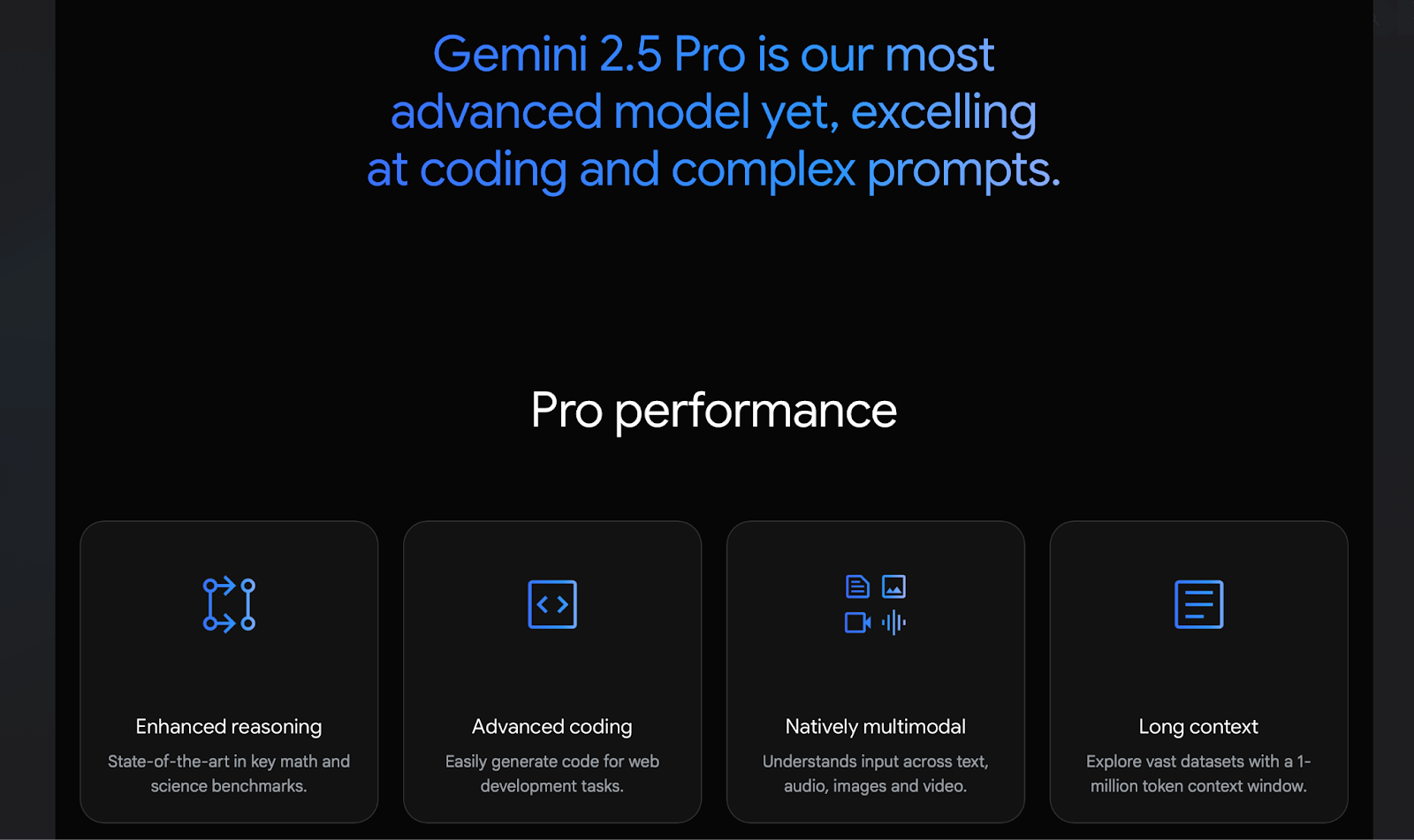
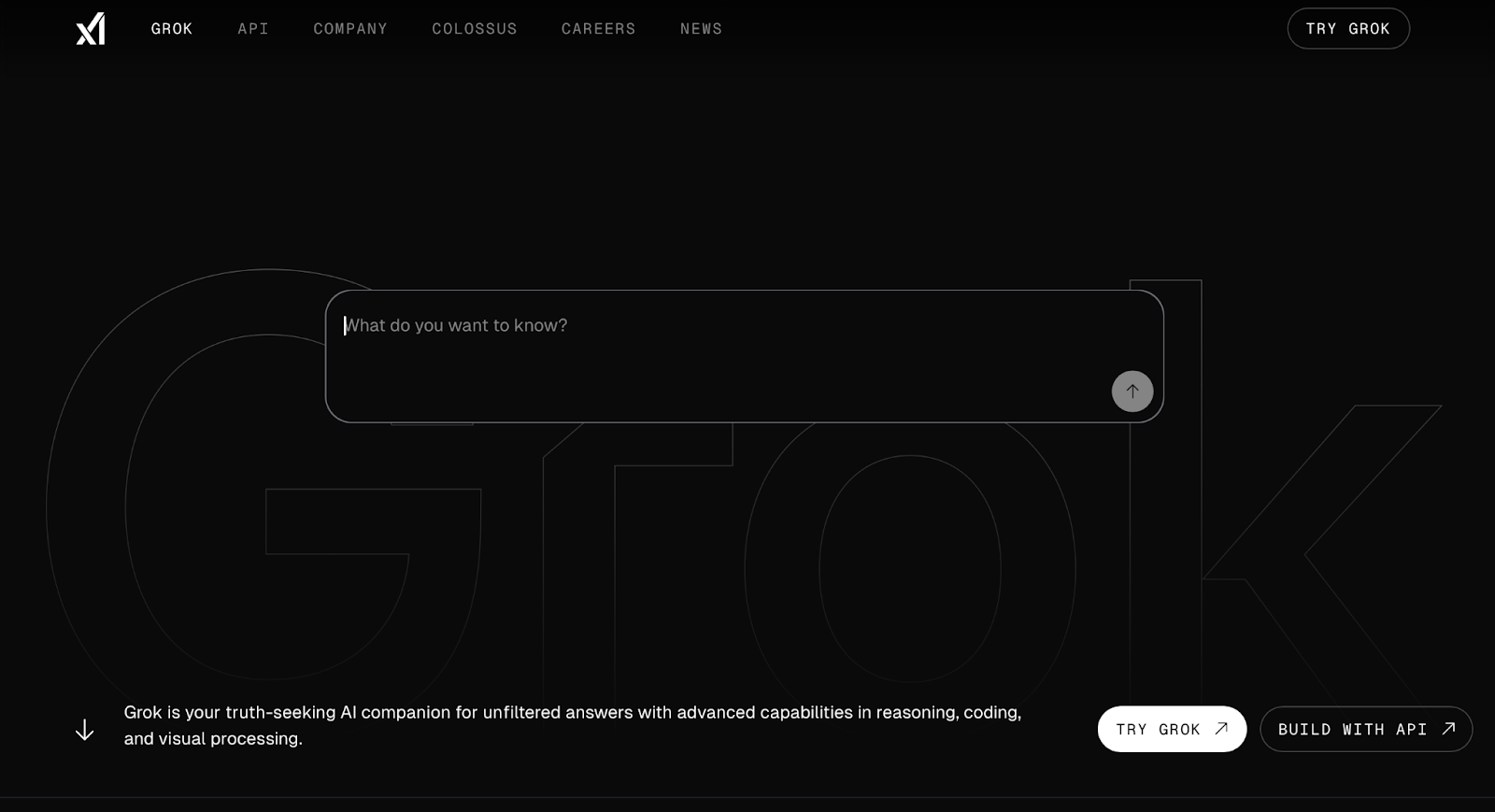
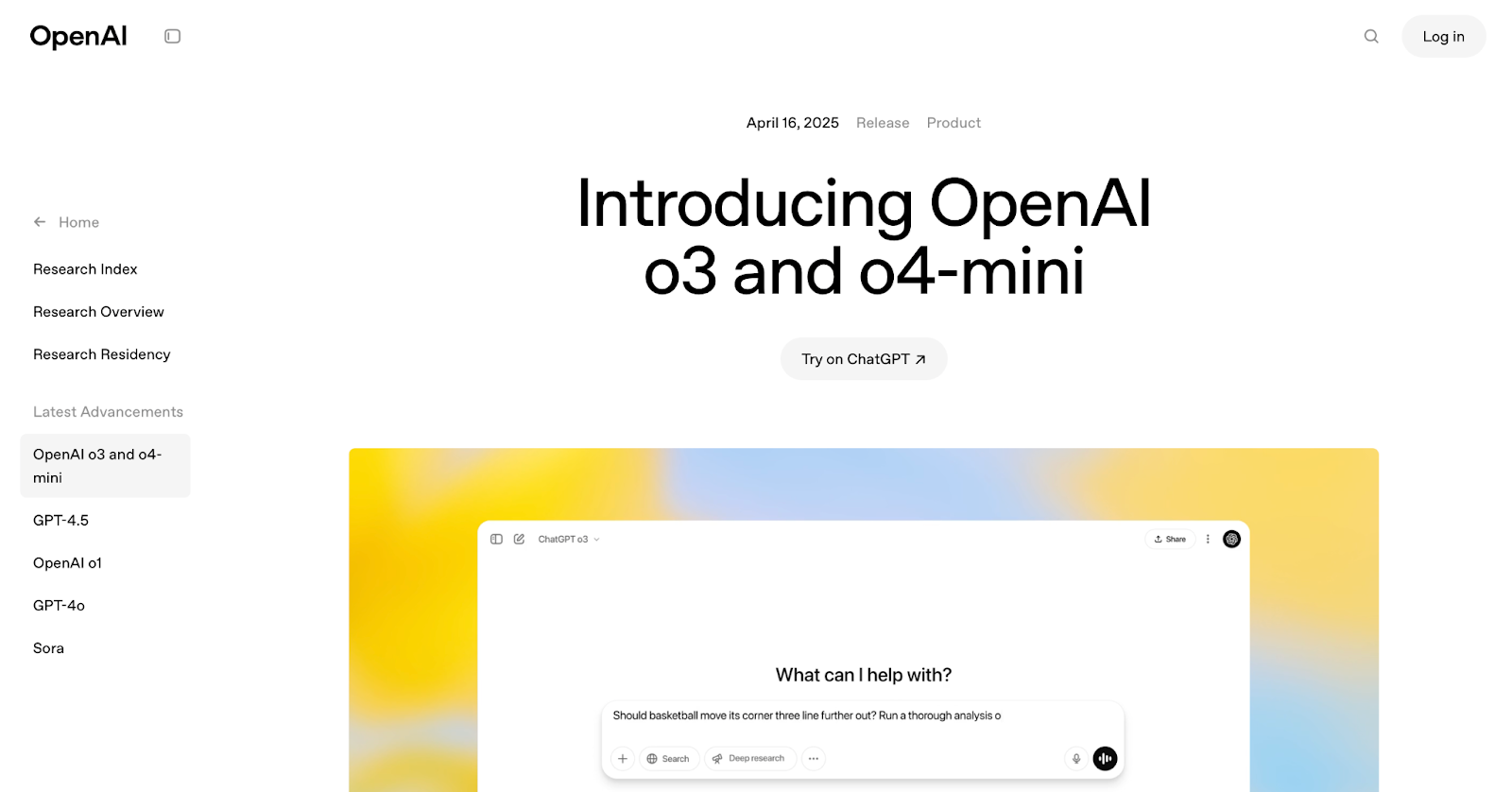


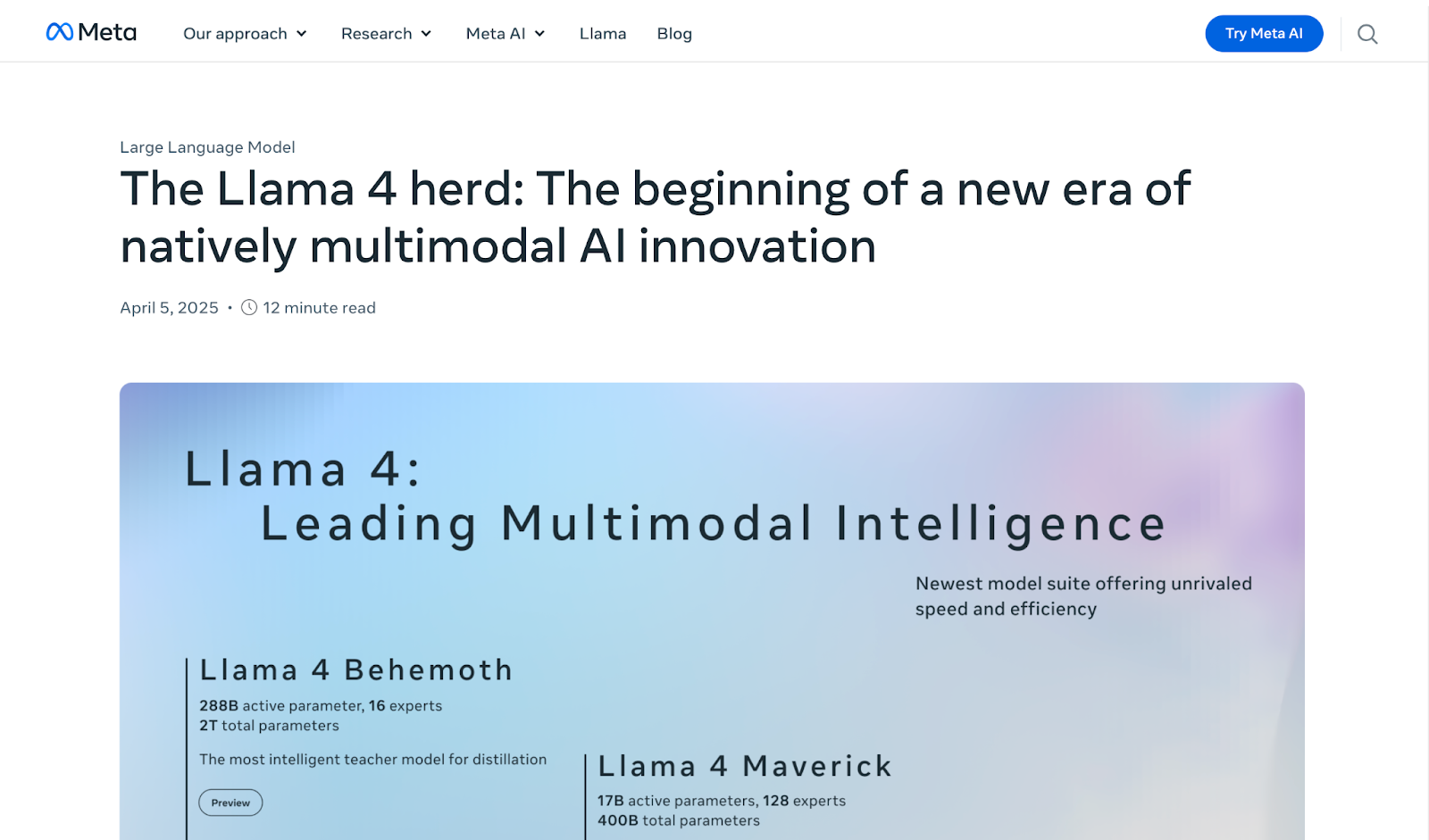
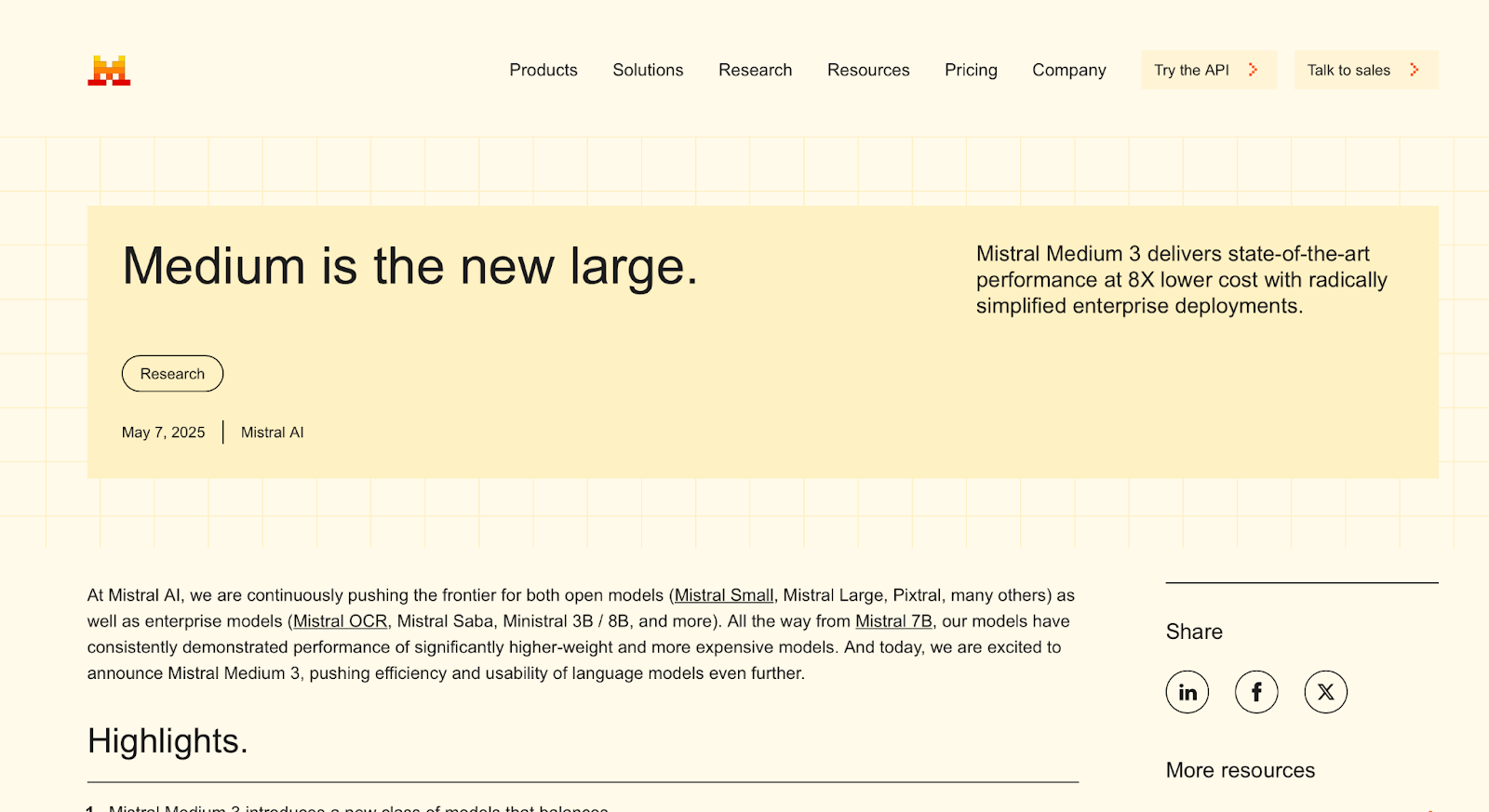

The landscape of artificial intelligence is rapidly evolving, with Large Language Models (LLMs) leading the charge. As we step into 2025, these models are not just tools; they are becoming integral to how businesses operate and interact with customers.
The Current State of LLMs
In 2025, the competition among LLMs is fierce. Models like Gemini 2.5 Pro and Claude 4 are at the forefront, showcasing remarkable capabilities in reasoning and coding, respectively [1]. This year marks a significant leap in performance, efficiency, and accessibility.

Performance Leaders
Gemini 2.5 Pro has set a new standard with an impressive 86.4 GPQA score, dominating reasoning tasks. Claude 4 Opus, on the other hand, excels in coding applications, demonstrating the versatility of LLMs in various domains [2].
These advancements are not just academic; they have real-world implications. Businesses are leveraging these models for customer service automation, content generation, and even complex problem-solving.
Trends Shaping the Future of LLMs
As we look ahead, several trends are emerging in the LLM landscape. The integration of LLMs into everyday applications is accelerating, with companies recognizing their potential to enhance workflows and improve efficiency [3].
Adoption Across Industries
From healthcare to finance, LLMs are being adopted across various sectors. For instance, in healthcare, LLMs assist in patient data analysis and personalized treatment recommendations, showcasing their transformative potential [4].

Moreover, the rise of open-source LLMs is democratizing access to these powerful tools, enabling startups and smaller enterprises to innovate without the hefty price tag of proprietary models.
Challenges and Considerations
Despite the advancements, challenges remain. Evaluating the performance of LLMs can be complex, with traditional benchmarks often failing to capture their true capabilities [5].
Ethical considerations also play a crucial role. As LLMs become more integrated into decision-making processes, ensuring fairness and transparency is paramount.